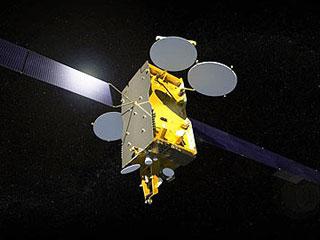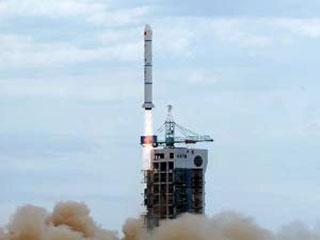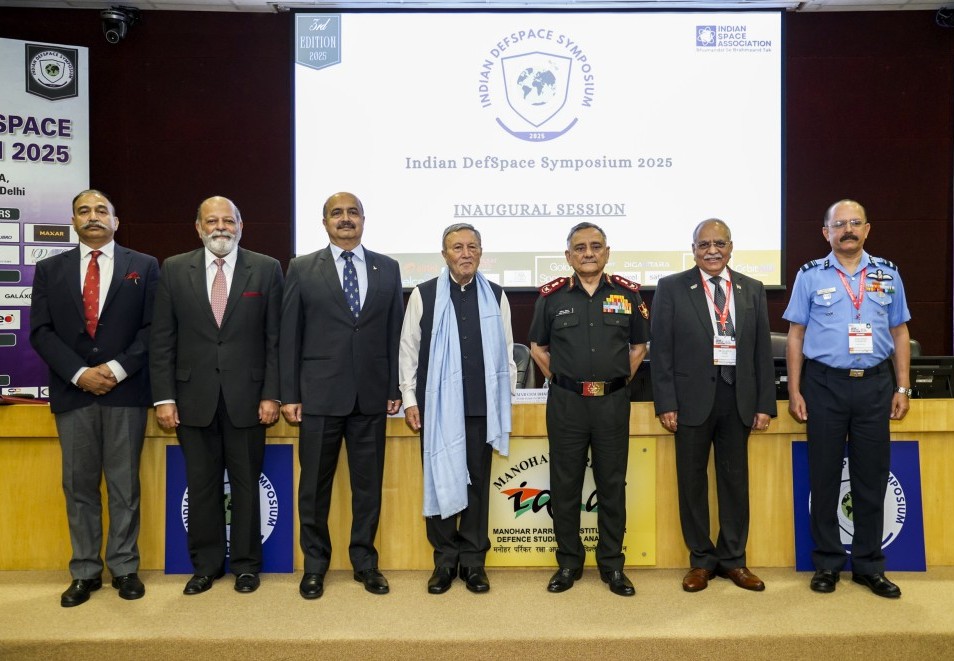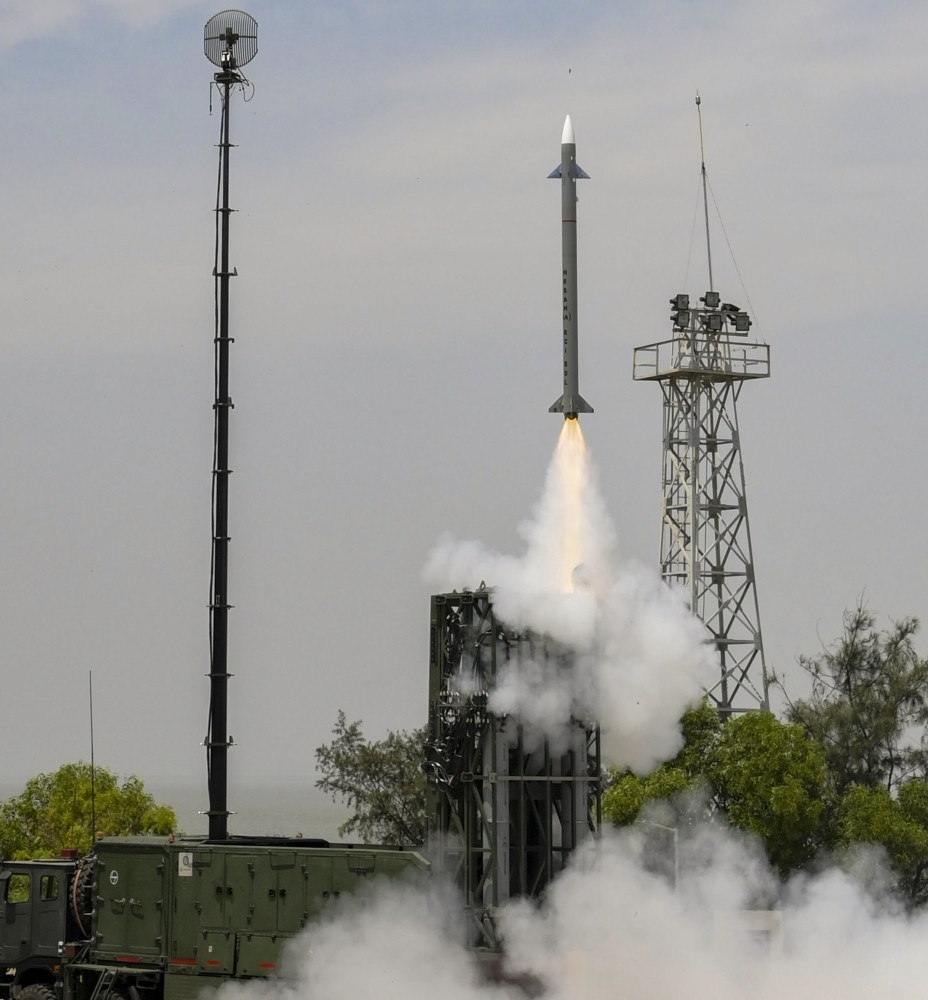
A file photo.
LONDON (PTI): The age of the moon could be around 4.36 billion years, about 200 million years less than what previously thought, scientists have claimed.
It is believed that the moon took its birth from a giant impact between a large planet-like object and Earth.
The energy of the impact was so high that the moon formed from melted material that was ejected into space and as it cooled down, the magma solidified into different mineral components.
But, a research team at the Lawrence Livermore National Laboratory in California which analysed lunar rock samples, thought to have been derived from the original magma, found that the moon could be about 200 million younger than thought, the Daily Mail reported.
The rock they analysed is called ferroan anorthosite, or FAN, and it is believed to be the oldest of the moon's crustal rocks.
The team used newly refined techniques to determine the age of a sample of FAN from the lunar rock collection at the NASA Johnson Space Centre.
The researchers analysed the isotopes of the elements lead and neodymium to estimate the FAN sample's age at 4.36 billion years.
This figure is significantly younger than earlier estimates of the moon's age that range as old as the age of the solar system at 4.568 billion years, the team reported in the journal Nature.
The new and younger age obtained for the oldest lunar crust is similar to ages obtained for the oldest terrestrial minerals -- zircons from western Australia.
It suggests that the oldest crusts on both Earth and moon formed at about the same time, and that this time dates from shortly after the giant impact, the researchers said.
The study is the first in which a single sample of FAN yielded consistent ages from multiple isotope dating techniques.
The result strongly suggests that these ages pinpoint the time at which the sample crystallised, they said.
"The extraordinarily young age of this lunar sample either means that the moon solidified significantly later than previous estimates, or that we need to change our entire understanding of the Moon's geochemical history," they added.
 Previous Article
Previous Article Next Article
Next Article













The Indian Air Force, in its flight trials evaluation report submitted before the Defence Ministry l..
view articleAn insight into the Medium Multi-Role Combat Aircraft competition...
view articleSky enthusiasts can now spot the International Space Station (ISS) commanded by Indian-American astr..
view article